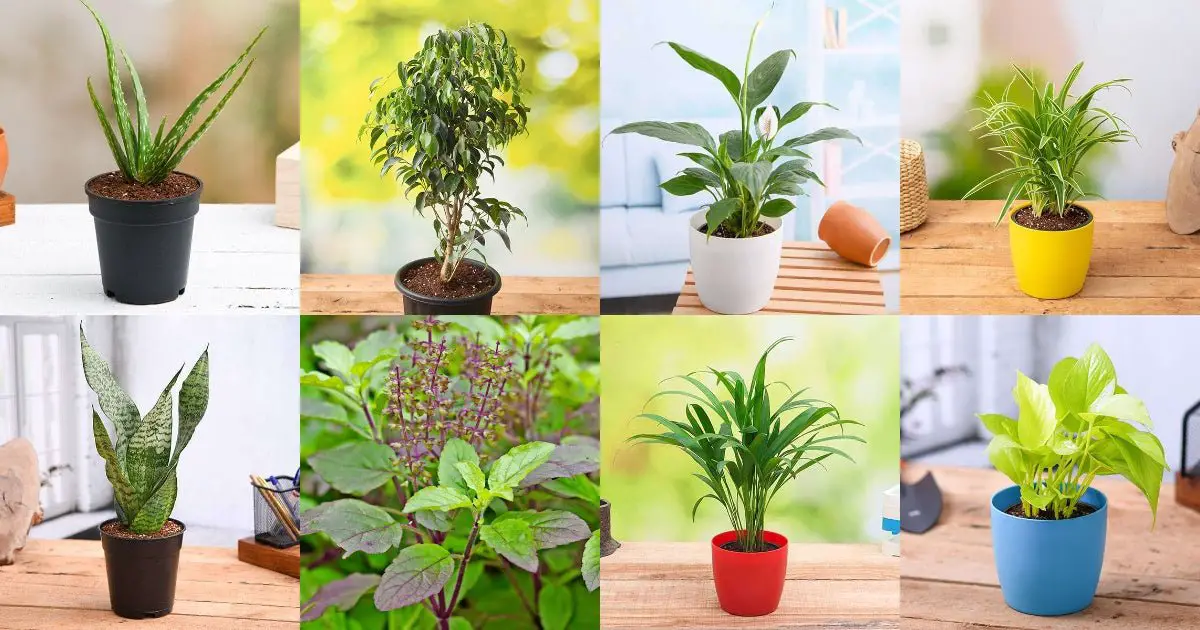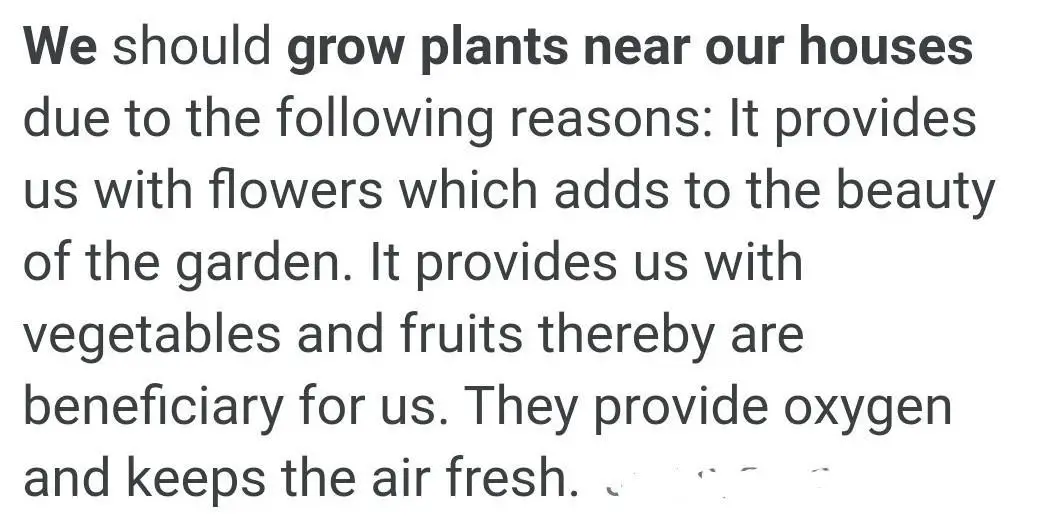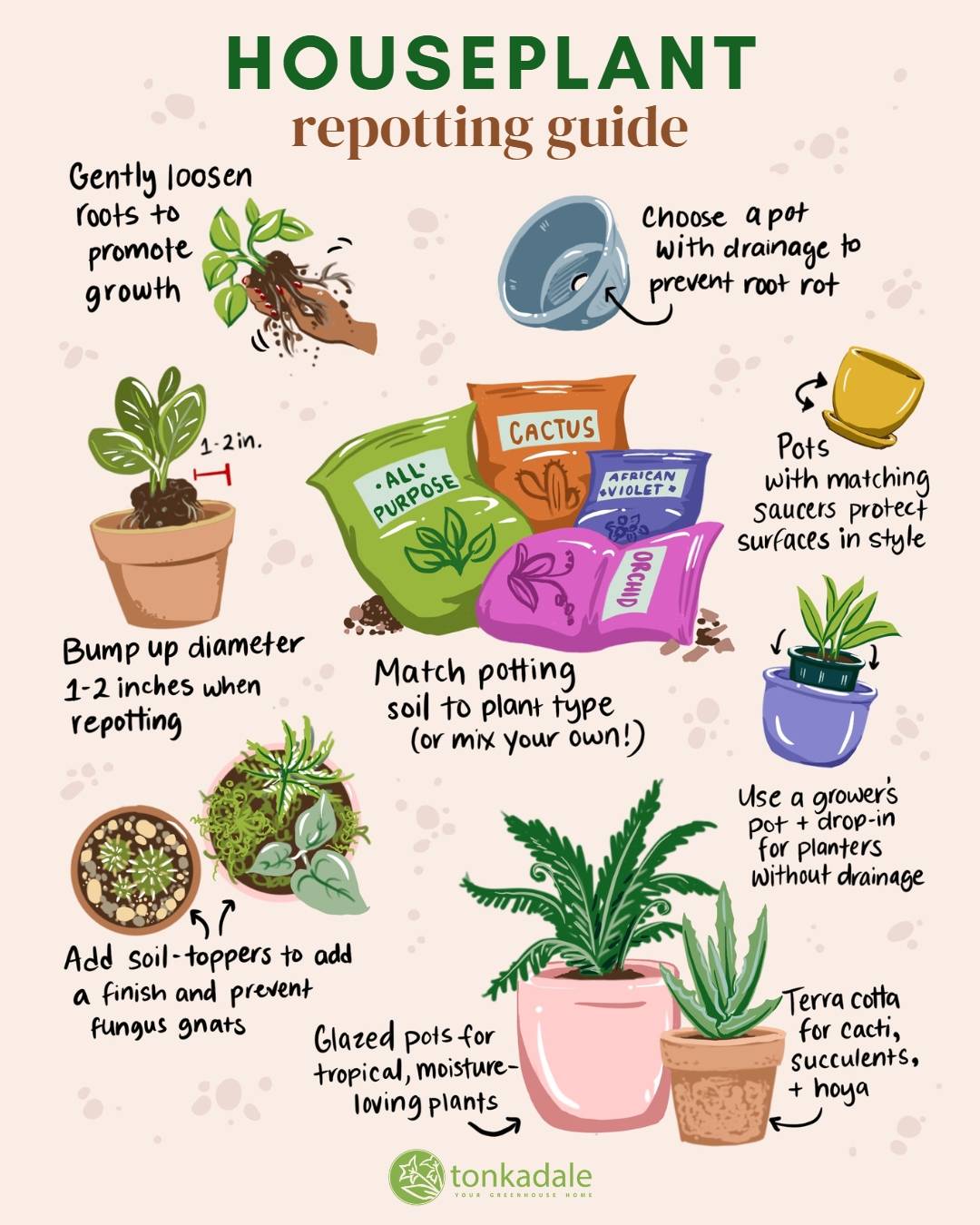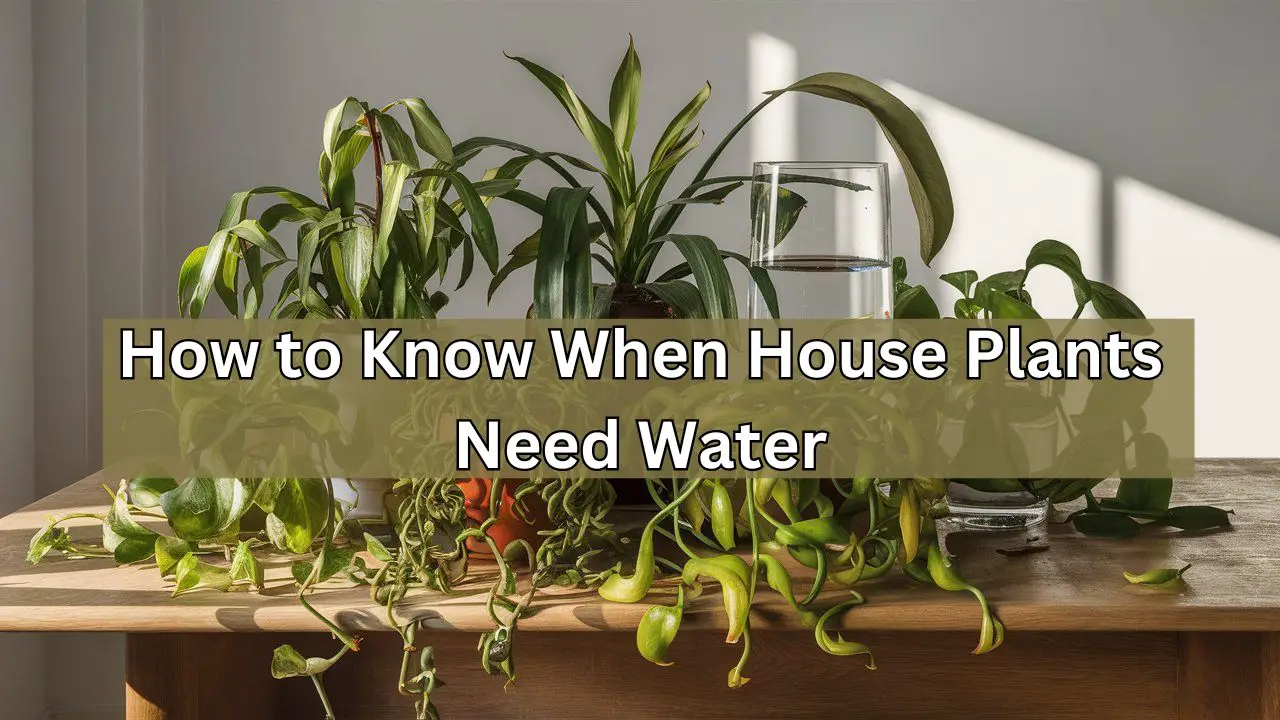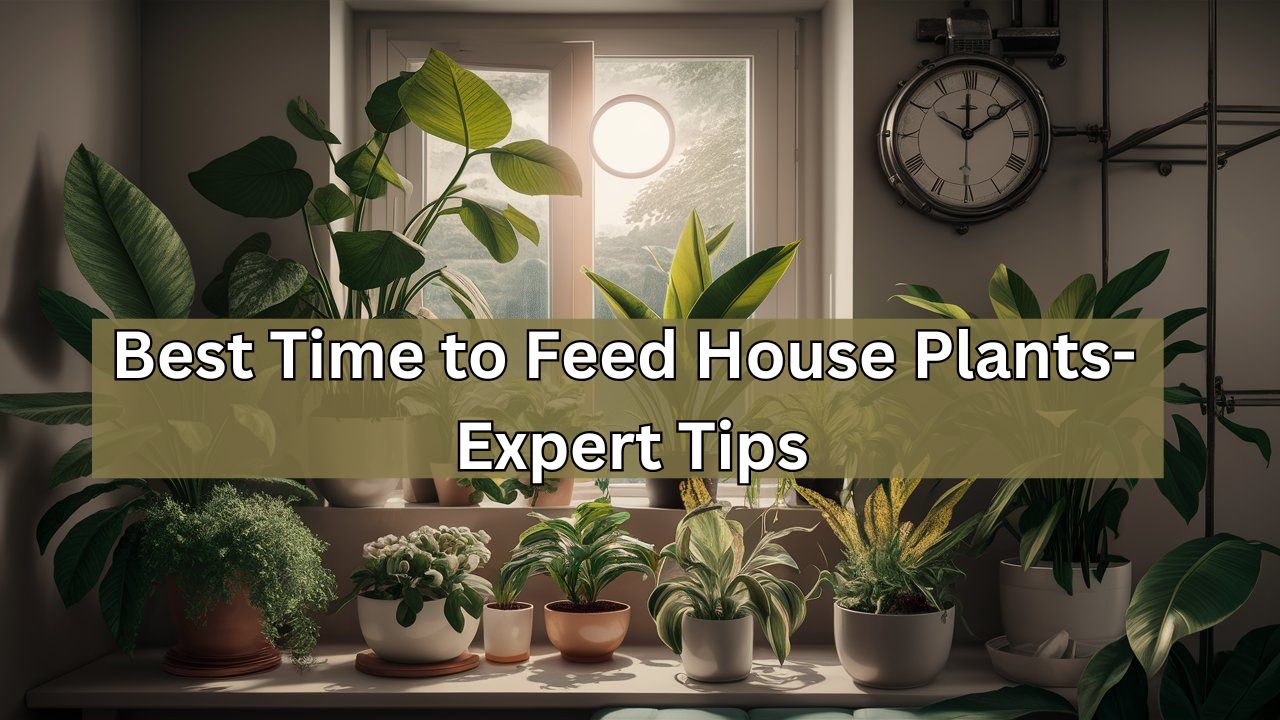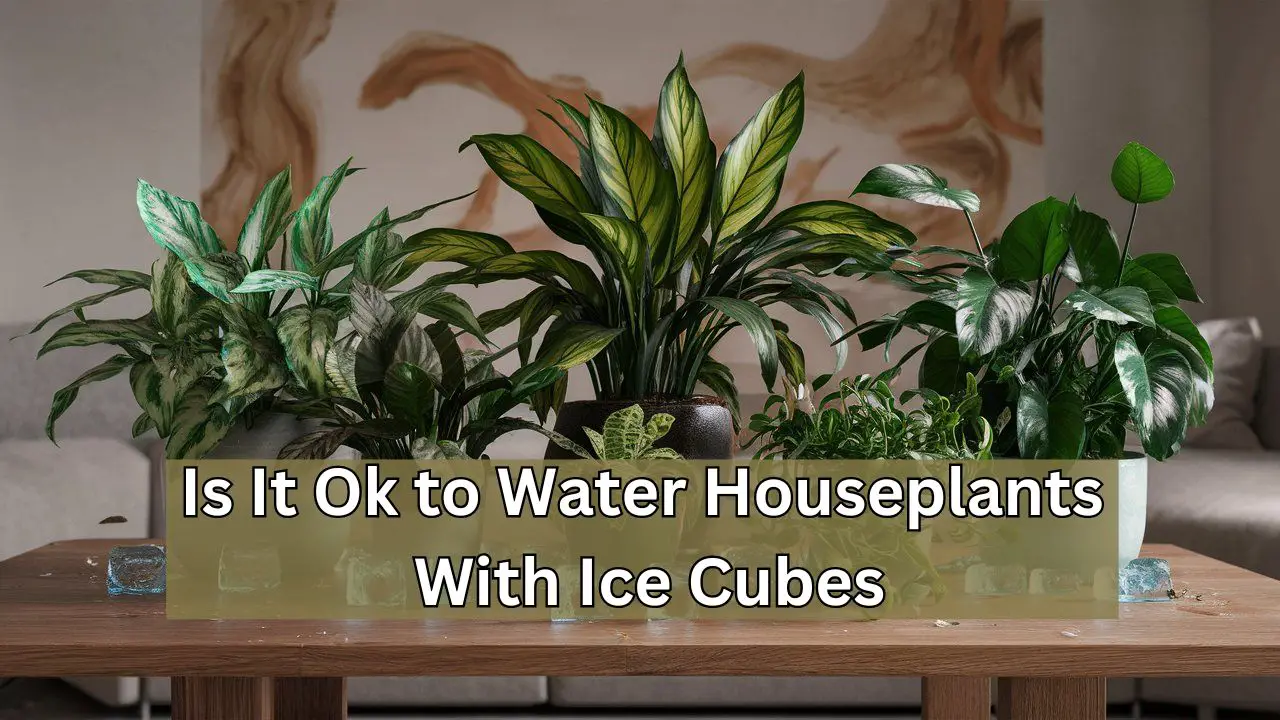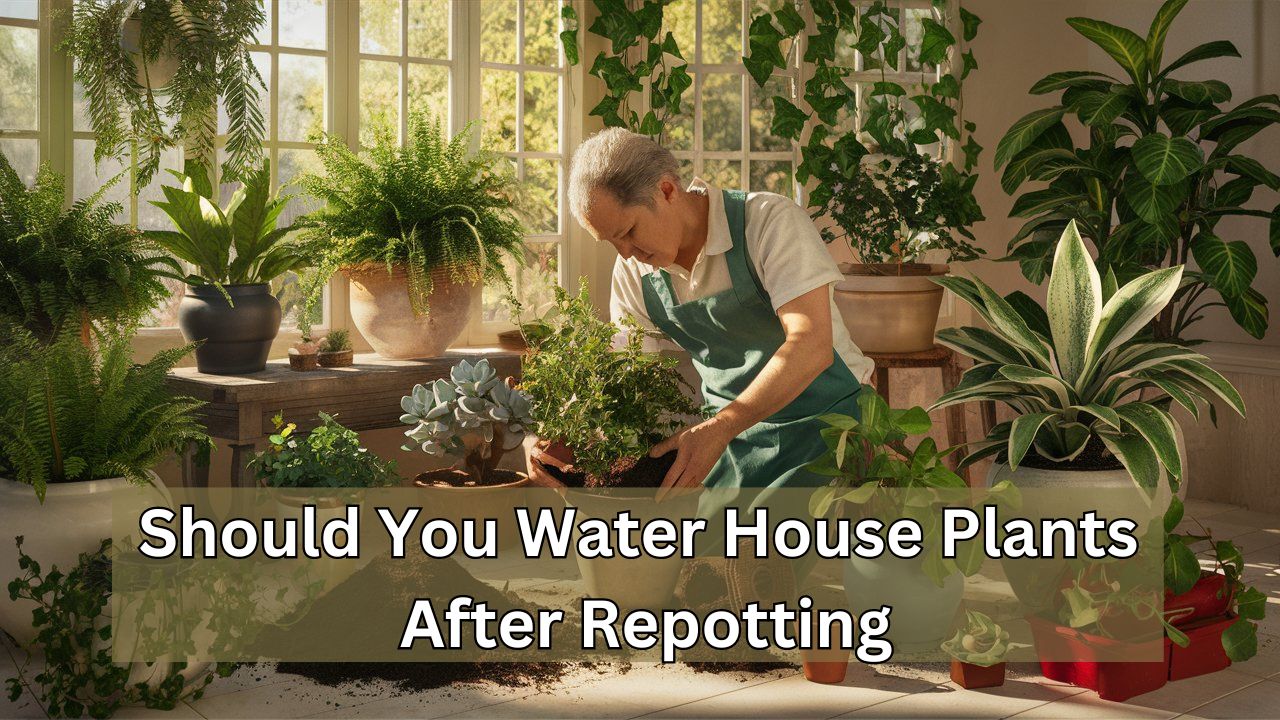Category: House Plants
-
What House Plant Produces the Most Oxygen: Top 5 Picks
The Areca Palm produces the most oxygen among houseplants. This plant is known for its air-purifying capabilities. Houseplants have become a popular choice for enhancing indoor air quality and adding aesthetic appeal. The Areca Palm stands out for its exceptional oxygen production. This plant not only improves air quality but also adds a tropical touch…
Categories: House Plants -
Why Should We Grow Plants around Our House: Boost Health & Happiness
Growing plants around your house improves air quality and enhances aesthetic appeal. Plants also provide shade and reduce noise pollution. Plants play a crucial role in creating a healthier living environment. They absorb carbon dioxide and release oxygen, promoting better air quality. Plants also act as natural air purifiers by filtering pollutants and toxins. Besides…
Categories: House Plants -
How Do You Know When to Repot an Indoor Plant: Key Signs
You know it’s time to repot an indoor plant when roots grow out of the drainage holes or the plant stops growing. Another sign is if the soil dries out too quickly after watering. Repotting indoor plants is crucial for their health and growth. Over time, plants outgrow their pots and need more space for…
Categories: House Plants -
How to Know When House Plants Need Water: Expert Tips
To know when house plants need water, check the soil moisture and observe leaf behavior. Dry soil and drooping leaves indicate thirst. Proper watering is crucial for healthy house plants. Overwatering and underwatering can both harm your plants. By understanding the signs, you can keep them thriving. Test the soil by inserting a finger about…
Categories: House Plants -
How Often Should You Water House Plants in Summer: Expert Tips
Water house plants every 2-3 days in summer. Adjust based on plant type, size, and indoor conditions. House plants need more attention in summer due to higher temperatures and increased sunlight. Proper watering is crucial to keep them healthy and vibrant. Overwatering or underwatering can harm plants, leading to yellowing leaves or root rot. Observe…
Categories: House Plants -
When is the Best Time to Feed House Plants: Expert Tips Revealed
The best time to feed house plants is during their growing season, typically spring and summer. Avoid feeding during their dormant period in fall and winter. House plants thrive when provided with the right nutrients at the right time. Feeding them during their active growth phase ensures they get the energy needed for optimal development.…
Categories: House Plants -
Is It Ok to Water Houseplants With Ice Cubes: The Ultimate Guide
Yes, it is generally safe to water houseplants with ice cubes. This method helps prevent overwatering and root rot. Watering houseplants with ice cubes can be a convenient and effective technique. By using ice cubes, you provide a slow and steady release of water, ensuring the soil absorbs moisture evenly. This method is particularly useful…
Categories: House Plants -
What are the Benefits of Owning a House Plant: Surprising Perks
House plants improve indoor air quality and reduce stress levels. They also enhance the aesthetic appeal of living spaces. House plants offer numerous benefits that positively impact both health and home environment. They act as natural air purifiers, removing toxins and improving air quality. This leads to better respiratory health. Plants also contribute to stress…
Categories: House Plants -
Should You Water House Plants After Repotting? Essential Guide
Yes, you should water house plants after repotting. This helps settle the soil and reduces transplant shock. Repotting house plants is essential for their growth and health. Over time, plants outgrow their pots and need more space to expand their roots. Repotting also refreshes the soil, providing essential nutrients that may have been depleted. Proper…
Categories: House Plants

